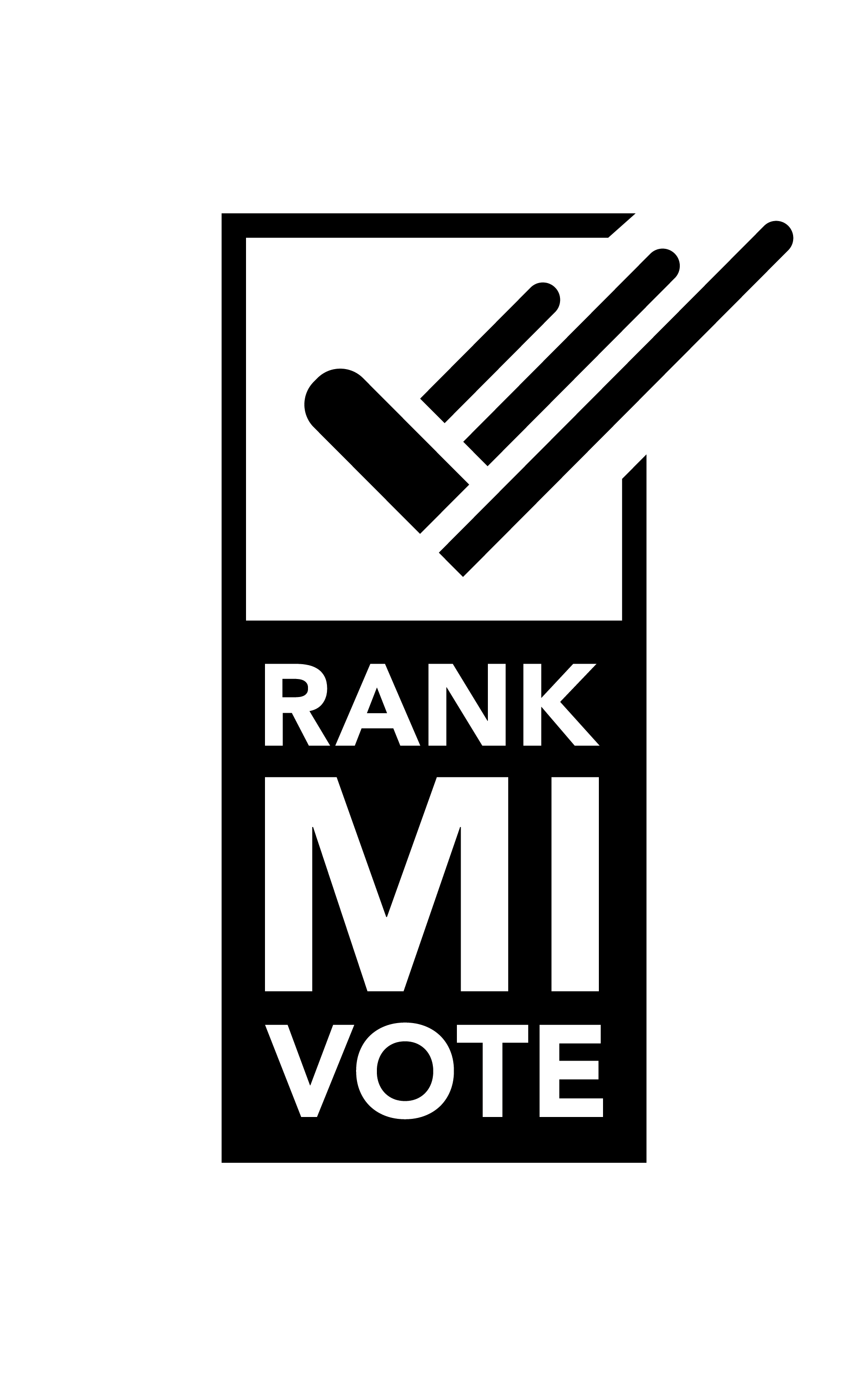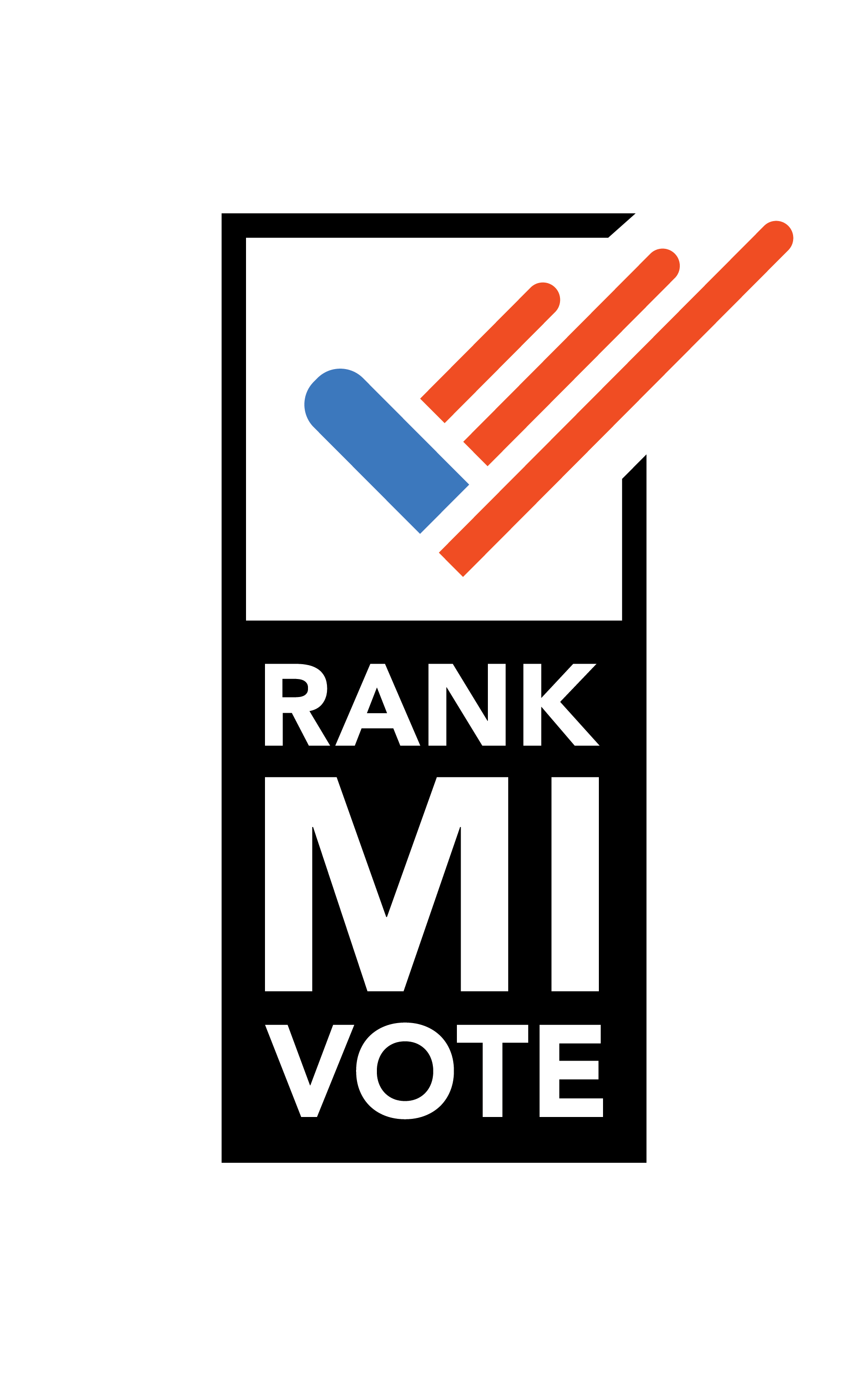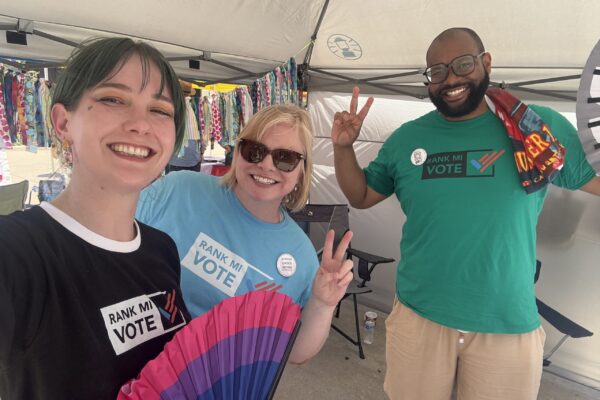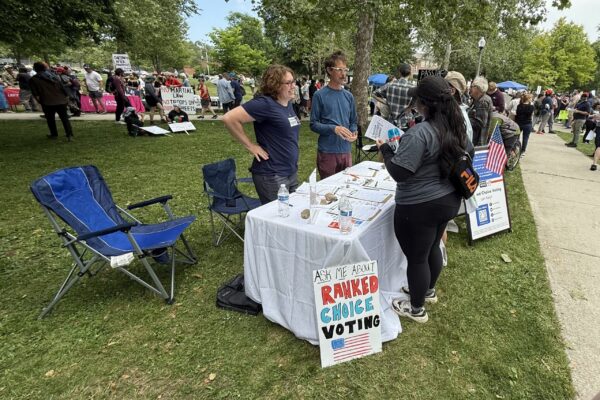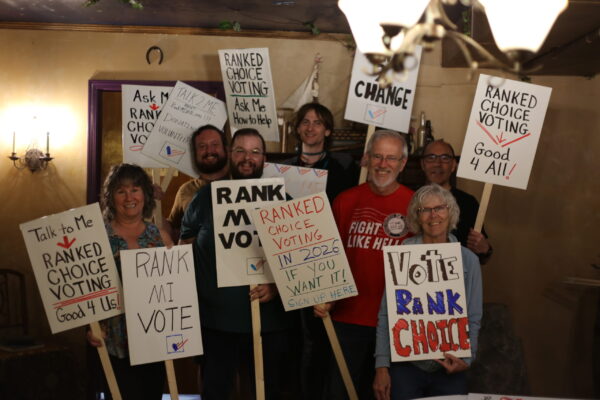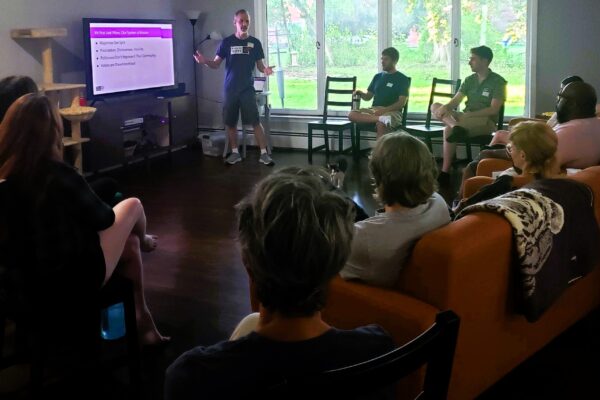About Rank MI Vote
- What is Rank MI Vote?
- Rank MI Vote is a non-partisan, volunteer-led, grassroots organization dedicated to bringing Ranked Choice Voting to Michigan via a constitutional amendment on the November 2026 ballot. It is legally organized as a ballot committee.
- Why is a constitutional amendment necessary? Why not go through the Legislature?
- As we’ve seen with issues like term limits or changes to legislators’ compensation, politicians are understandably reluctant to improve the system that got them their job in the first place. Additionally, acts of one Legislature can be undone by future Legislatures, but constitutional amendments passed by ballot initiative can only be undone by another vote of the people of Michigan.
- What steps remain to qualify the proposed amendment for the 2026 ballot?
- To qualify for the 2026 general election ballot, Rank MI Vote will need to collect 446,198 valid signatures from Michigan voters in a six month period. Once these signatures are submitted and verified, the amendment will appear on the November 2026 ballot.
About the Proposed Amendment
- After this amendment passes, when will it be implemented and for which offices?
- There is a 2-phase implementation plan. In the first phase, voters will be able to rank their choices in 2030 (or first election after 2030) for the following offices:
- US President
- US Senate & House
- Michigan Governor
- Michigan Attorney General
- Michigan Secretary of State
- The amendment allows for a second phase where the following offices could be implemented by statute
- Michigan Supreme Court
- Michigan Senate & House
- State Board of Education
- University Boards
- Additionally, all local races could begin to use Ranked Choice Voting at the discretion of the local government
- There is a 2-phase implementation plan. In the first phase, voters will be able to rank their choices in 2030 (or first election after 2030) for the following offices:
- What else does this amendment do?
- Primary date moves up so that voters and clerks have more time between the primary and general election to prepare.
- Enshrining in the constitution other voter protections currently in statute such as a right to a paper ballot and the right to timely notification of election changes
- How are the votes counted in a Ranked Choice Voting election?
- Here’s how Ranked Choice Voting elections work:
-
-
- Voters have the option to rank multiple candidates in order of preference — favorite candidate #1, second-favorite #2, and so on.
- If any candidate has a majority (over 50%) of first-choice votes, they win.
- If no candidate reaches a majority, there is an instant run off – the candidate who received the least votes is eliminated and those votes count for their voters’ second choices.
- Through instant computerized tabulation that can be verified on paper ballots, steps 2 and 3 repeat until one candidate reaches a majority.
-
- Here is a video that explains the process
- Is Ranked Choice Voting used anywhere in Michigan today?
- Today, Michigan’s election rules prevent local ballots from using Ranked Choice Voting, even in the five municipalities (Ann Arbor, East Lansing, Ferndale, Kalamazoo, and Royal Oak) that have voted in favor of implementing it.
- Until recently, the City of Eastpointe used Ranked Choice Voting for local elections as part of a court ruling to increase minority voting power after it had been unfairly diminished by local election processes.
- Can Michigan’s current voting machines handle RCV ballots?
- Yes. Voting equipment used all across Michigan can already scan and count RCV ballots. Minor software upgrades and state certification are all that’s needed for implementation.
- Minneapolis uses largely the same machines and software companies and has been using Ranked Choice Voting for 20 years.
- Can I vote for only one candidate?
- Yes. Under RCV, you have the option to rank as many or as few candidates as you want.
The Impact of Ranked Choice Voting
- How will implementing Ranked Choice Voting affect turnout?
- Today, many voters report feeling their vote doesn’t matter, having to choose between two candidates they dislike, or feeling forced to vote strategically for the candidate they believe can win over the one they truly support. RCV addresses those concerns and allows voters to vote their values without fear of “wasting” their vote or supporting a “spoiler” candidate. This should lead some voters who have opted out of recent elections — including many independents, third-party voters, and the growing chorus of disaffected Democrats and Republicans — to come back to the polls and participate in greater numbers.
- How will Ranked Choice Voting change how politicians campaign for office?
- Our current system incentivizes candidates and parties to engage in negative, scorched-earth campaign tactics because it’s easier to win a race by tearing down the other side than by building your side up. Ranked Choice Voting flips those incentives upside-down. Because second- and third-choice votes (and lower) help get candidates elected, candidates are incentivized to reach out to all voters. When politicians need your vote, they care about your opinion; jurisdictions that use Ranked Choice Voting tend to see more positive campaigns that focus on issues voters care about, with candidates reaching out to a much broader swath of voters than they do now.
- How does this help traditional political parties?
- Traditional political parties will no longer have spoiler candidates who compete with their own platform, splitting votes so that a candidate who doesn’t represent either – or the voters – wins.
- In party primaries today, particularly crowded ones, many candidates win with less than half the votes cast — and some with as little as a third or even a quarter of the vote. Those primary winners only represent a narrow slice of their party, and oftentimes, they lose handily to more broadly-appealing opponents in the general election. With Ranked Choice Voting, primary winners must have over 50% support from their party’s voters, leading to better turnout and stronger party performance in the general election.
- In general elections, traditional political parties will be incentivized in Ranked Choice Voting races to appeal to voters across the political spectrum in search of second-place votes, rather than run negatives campaigns against all competitors.
- How does this help independent and third-party candidates?
- Under the current voting system, third-party and independent candidates have long been accused of “splitting the vote” or “spoiling” the election. When voters can rank candidates, third-party and independent voters can vote their heart and their head: making their first-choice selection the candidate who best represents their policies and values while reserving their second-choice selection for the candidate who is closest to their ideal preferences and has a realistic path to victory. In this way, supporters of third-party and independent candidates can express their true preferences and still influence the final outcome.
- Who, if anyone, does this hurt?
- RCV elections make it harder for special interests, Super PACs, party elites, lobbyists, and any other group or individual who benefits from a corrupt political status quo to continue unduly influencing our elections.
RCV Use Outside of Michigan
- Where is RCV used?
- As of April 2025, 52 American jurisdictions have RCV in place, reaching approximately 14 million voters. This includes 2 states, 3 counties, 47 cities, and military/overseas voters cast in federal runoff elections in 6 states.
- RCV is used extensively outside the United States, most notably in Australia, Ireland, Northern Ireland, Scotland, and New Zealand. See the full list here!
- Do those voters find RCV easy to use?
- Do those voters like RCV?
- Yes, according to recent exit polling data. Voters in RCV cities and states report high satisfaction, fewer spoiled ballots, and a strong understanding of the process. Recent polls show 61–94% support for keeping or expanding RCV.





